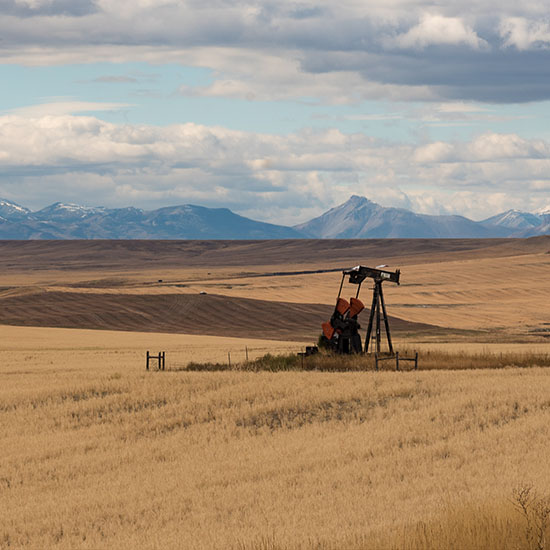Deciding whether or not to sell all or a portion of your royalty and or mineral interest is rarely a simple decision. Although selling can easily be viewed as simply trading potential risk for guaranteed income; the reasons for selling mineral and royalty interests are rarely that simple or straightforward.


Plan for your family's future by converting your mineral interests into liquid assets that can be more easily managed and distributed.

Convert your mineral interests into other investment opportunities or use the funds for personal goals and dreams.

Transform future potential income into immediate guaranteed cash flow to meet your current financial needs.

If your mineral rights are producing than any funds you receive from the production of those rights are most likely currently taxed based on your ordinary income tax rate.
Should you ultimately decide to sell all or a portion of your interest please consider selling that interest to Aspen Grove Royalty Co., LLC. If we haven't already we would like to provide you with a competitive, no-obligation, and no strings attached offer.
There is literally no-obligation attached to our offers; if we can't reach an agreement, nothing is required. Should you accept our offer we are confident you will experience an honest, stress-free, fast, discreet, and confidential transaction.
Our goal is to develop a long lasting positive and mutually beneficial relationship with owners such as yourself; as such we will always be available to address any of your questions or concerns.